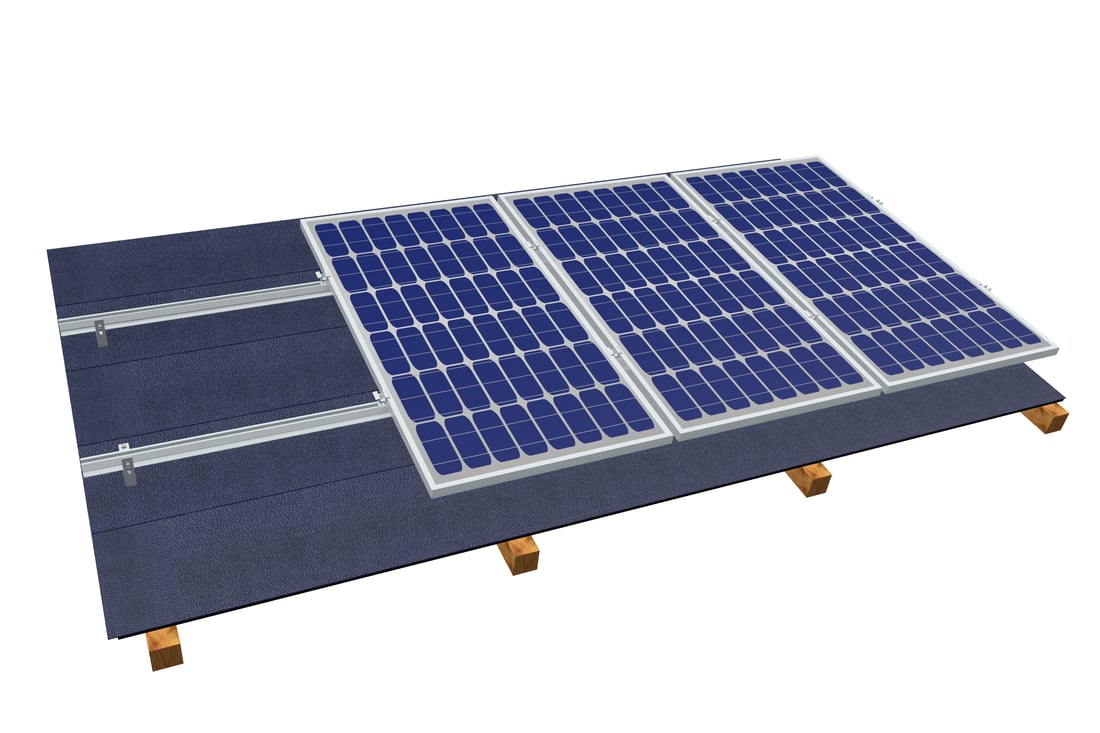The Importance of Roof Hook Solar Panel Simulation
Roof hook solar panel simulation is a crucial aspect of planning and designing a solar panel installation. It allows professionals to accurately assess the impact of the solar panels on the roof structure, ensuring a safe and efficient installation. In this article, we will explore the various aspects of roof hook solar panel simulation and its significance in the renewable energy industry.
Understanding Roof Hook Solar Panel Simulation
Roof hook solar panel simulation involves the use of advanced software and tools to create a virtual model of a solar panel installation on a specific roof. This simulation helps professionals to evaluate the structural integrity of the roof, determine the optimal placement of solar panels, and assess the potential impact on the overall energy output.
Assessing Roof Structure Compatibility
One of the primary goals of roof hook solar panel simulation is to evaluate the compatibility of the roof structure with the planned solar panel installation. By simulating the weight, distribution, and positioning of the solar panels, professionals can identify any potential issues such as weak spots, load-bearing limitations, or structural modifications required.
Optimizing Solar Panel Placement
Another crucial aspect of roof hook solar panel simulation is the optimization of solar panel placement. Through simulation, professionals can determine the most efficient positioning of solar panels to maximize sunlight exposure and energy generation. This optimization ensures that the solar panels produce the highest possible energy output throughout the day.
Evaluating Energy Output Potential
Rooftop solar panel installations are designed to generate as much energy as possible. With roof hook solar panel simulation, professionals can accurately assess the potential energy output of a specific installation. By considering factors such as latitude, shadowing, and panel tilt, they can estimate the expected energy production levels and optimize the system accordingly.
Identifying Potential Risks and Challenges
Simulation allows professionals to identify and address potential risks and challenges associated with a solar panel installation. By considering factors such as wind loads, snow accumulation, and extreme weather conditions, they can make informed decisions regarding the design and installation of the system. This proactive approach minimizes the chances of any future issues or damage to the roof or the solar panels.
Enhancing Cost-Effectiveness
Roof hook solar panel simulation plays a vital role in enhancing the cost-effectiveness of a solar panel installation. By accurately assessing the energy output potential and optimizing the system design, professionals can ensure that the investment in solar panels provides the maximum return on investment. Simulation also helps in identifying any potential inefficiencies or areas of improvement, leading to long-term cost savings.
Streamlining Installation Process
Simulation simplifies and streamlines the installation process of solar panels. By creating a virtual model of the installation, professionals can identify the most efficient and practical approach to mounting the solar panels using roof hooks. This ensures a smooth installation process and reduces the chances of any errors or delays during the actual implementation.
Enhancing Safety and Durability
Safety is of utmost importance when it comes to solar panel installations. Roof hook solar panel simulation allows professionals to ensure that the installation is structurally sound and can withstand various weather conditions. By considering factors such as wind resistance and load distribution, they can design a system that is safe, durable, and able to withstand the test of time.
Improving Customer Satisfaction
Roof hook solar panel simulation also contributes to customer satisfaction. By accurately assessing the energy output potential, optimizing the system design, and addressing any potential risks or challenges, professionals can provide customers with a reliable and efficient solar panel installation. This leads to increased customer satisfaction and positive referrals, further promoting the adoption of solar energy.
The Future of Roof Hook Solar Panel Simulation
As technology continues to advance, roof hook solar panel simulation is expected to become even more sophisticated and accurate. The integration of artificial intelligence and machine learning algorithms will enable professionals to generate highly precise simulations, resulting in more efficient solar panel installations and improved renewable energy utilization.

